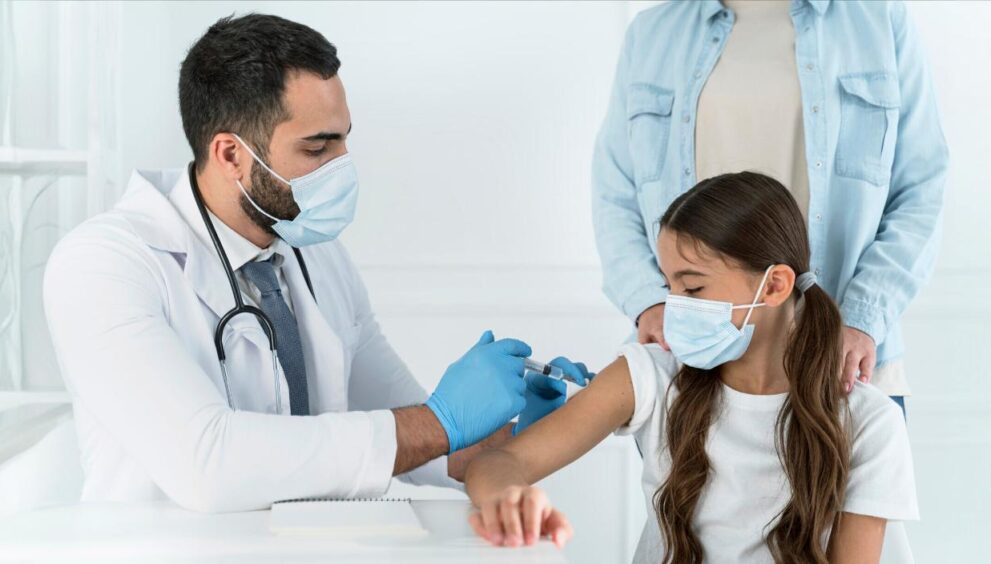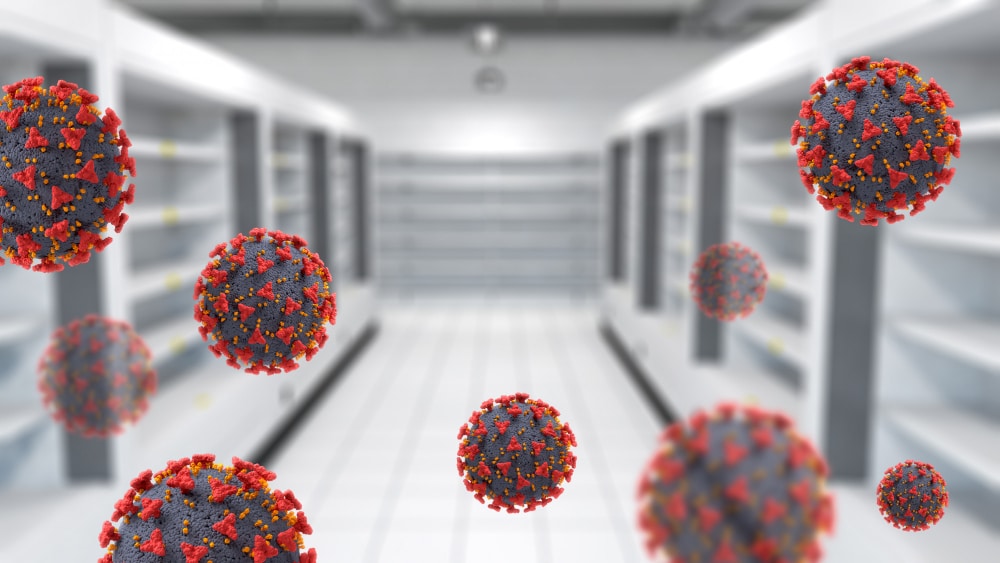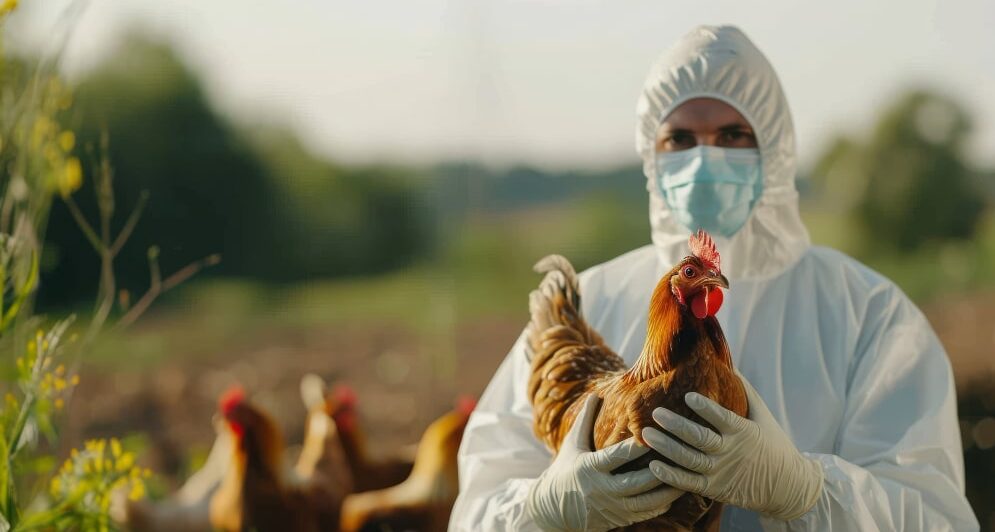Geneva, Switzerland – In 2024, the WHO celebrated significant immunization achievements, saving 154 million lives, but warned that noncommunicable diseases (NCDs) like heart disease, cancer, and diabetes remain a growing global challenge.
“Today immunization is the single greatest contribution of any health intervention to ensuring that babies not only see their first birthdays but also continue leading healthy lives into adulthood,” the WHO said in its 2024 report.
Before the Expanded Programme on Immunization (EPI) was launched 50 years ago, fewer than 5% of infants globally had access to routine immunization, the WHO said, adding at present 84% of infants are protected with three doses of the vaccine against diphtheria, tetanus and pertussis (DTP), the global marker for immunization coverage.
“New vaccine introductions for a range of diseases will save more lives,” the WHO said adding in 2024, 17 countries introduced the malaria vaccine. “The WHO HPV vaccine single-dose schedule enabled more girls to be protected against cervical cancer, and a new meningitis vaccine offered a powerful shield against the five major strains of the meningococcal bacteria in a single shot.”
However, the WHO said noncommunicable diseases (NCDs), which cost countries trillions of dollars in lost productivity and health-care expenses, disproportionately affect low- and middle-income countries.
“Unless NCDs are urgently addressed, the Sustainable Development Goals (SDGs) cannot be achieved,” the report said.
“In recognition of the enormous challenges NCDs pose to all countries, the Fourth High-level Meeting of the United Nations General Assembly on the Prevention and Control of Noncommunicable Diseases will be convened in 2025. The aim will be to accelerate the global response to the prevention and control of NCDs by strengthening health systems and reorienting them towards primary health care and to meet the SDGs by 2030,” the report added.
WHO said nearly 1.8 billion adults worldwide are at risk of developing serious diseases such as heart disease, type 2 diabetes, and some cancers as a result of insufficient physical activity, according to new data. “Collective efforts based on partnerships between government and nongovernmental stakeholders and increased investments in innovative approaches will be needed to reach the least active people and to reduce inequalities in access to measures that promote and improve physical activity.”
WHO’s Global status report on alcohol and health and treatment of substance use disorders highlighted that there were 2.6 million deaths from alcohol and 0.6 million from drug use in 2019, alongside significant societal impacts of alcohol consumption, including injuries, violence, and increased risks of chronic and infectious diseases. The report sets out the actions urgently needed to reduce substance use and expand treatment through prevention, improved systems of care, and advocacy.
Neurological conditions are now the leading cause of illness and disability worldwide, with more than 1 in 3 people affected by these conditions such as migraine, stroke and dementia, the report revealed.
“New data highlight the impact of growing inequality in access to treatment, with more than 80% of neurological deaths and loss of health occurring in low- and middle-income countries,” the WHO said.
New data released this year showed an alarming rise in diabetes over the past three decades, which also reflects the increase in obesity. The data show that one in eight people are now living with obesity, and the number of adults living with diabetes worldwide has surpassed 800 million.















